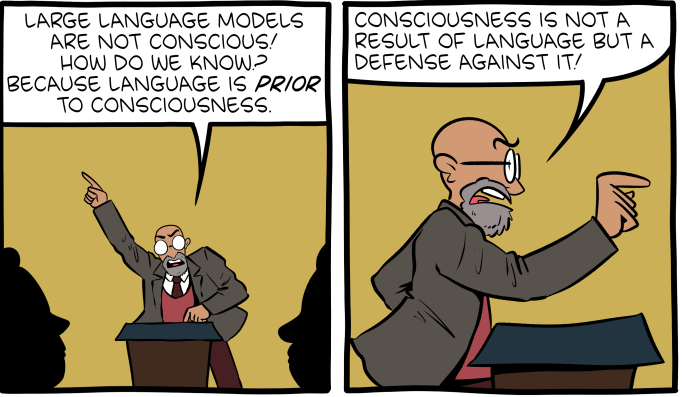Degendering "maestro"
Masterful essay by the Music Director of Symphony Nova Scotia.
We asked our Music Director Holly Mathieson how she prefers to be referred to on the podium!
Her reply may surprise you — or not:
The earliest record we have of the Italian term Maestro in connection to music is from 1724 (maestro di cappella, which translates as Master of the Chapel, similar to the German Kapellmeister). By the end of that century, there is evidence of it being used more generally in Italy as a single word, referring to a master or great teacher of music, or a composer. Etymologically, it shares its roots with the Latin magister, the offshoots of which include the musical term Maestoso, which instructs us to play majestically or in a stately manner, as well as more common language descendants such as magisterial and magistrate, words which connect to ideas of qualified authority.
Read the rest of this entry »




